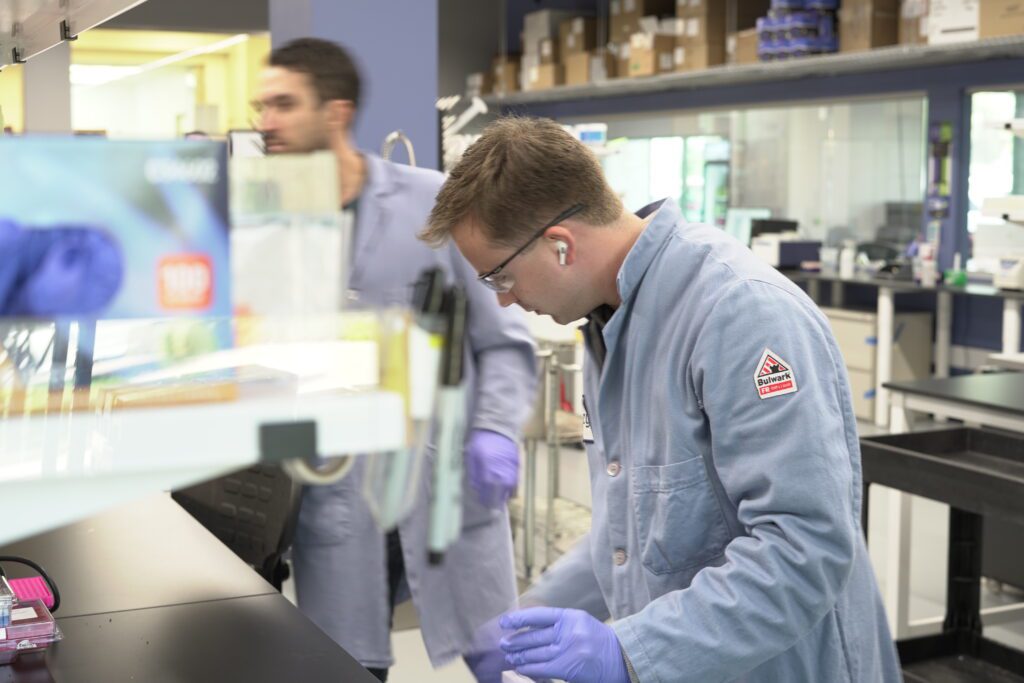A new approach to enzyme engineering has overcome many of the operating challenges associated with large-scale bio-based manufacturing processes by designing enzymes that can thrive outside living cells, eliminating complexity and improving reaction yields. eXoZymes’ (Monrovia, Calif.; www.exozymes.com) cell-free enzyme systems are designed to continuously convert low-cost feedstocks, such as glucose, into products like active ingredients for nutraceuticals and pharmaceuticals, and even biofuels, under carefully controlled conditions.
“In our bio-transformations, getting rid of the cells avoids complexity and concerns about cell toxicity that are not usually present in traditional chemical catalysis. We are bringing on more of a traditional chemical mindset to an inherently biological transformation. Our reactions are inherently homogeneous, and we can do very complex transformations in one pot,” says Paul Opgenorth, co-founder and vice president of development at eXoZymes.

Source: eXozymes
Alleviating concerns related to cell toxicity means that a higher concentration of product can build up inside the system, making downstream separations much more cost-effective. “The fact that you have direct access to the end products allows for much easier purification because the titers are so much higher than you can get in cell-based systems. Also, because we only have the specific enzymes in the reaction to make a specific product, we actually don’t have to rely on chromatography or other difficult separations from other molecules that might be present in typical bioprocesses. This reduces overall equipment footprint and the capex of the system,” explains Opgenorth.
To develop the cell-free enzyme systems, eXoZymes employed artificial intelligence (AI) systems to optimize conditions for maximum enzyme stability, longevity, activity and resilience in industrial conditions. So far, the company has scaled up its system to around 100-L volumes for several different products, including the production of various terpenes and cannabinoids. Work is also underway to scale up the process for the production of isobutanol, opening the door to future biofuel applications. This project was recently funded by BioMADE, a public-private partnership catalyzed by the U.S. Department of Defense that aims to advance U.S. biomanufacturing.